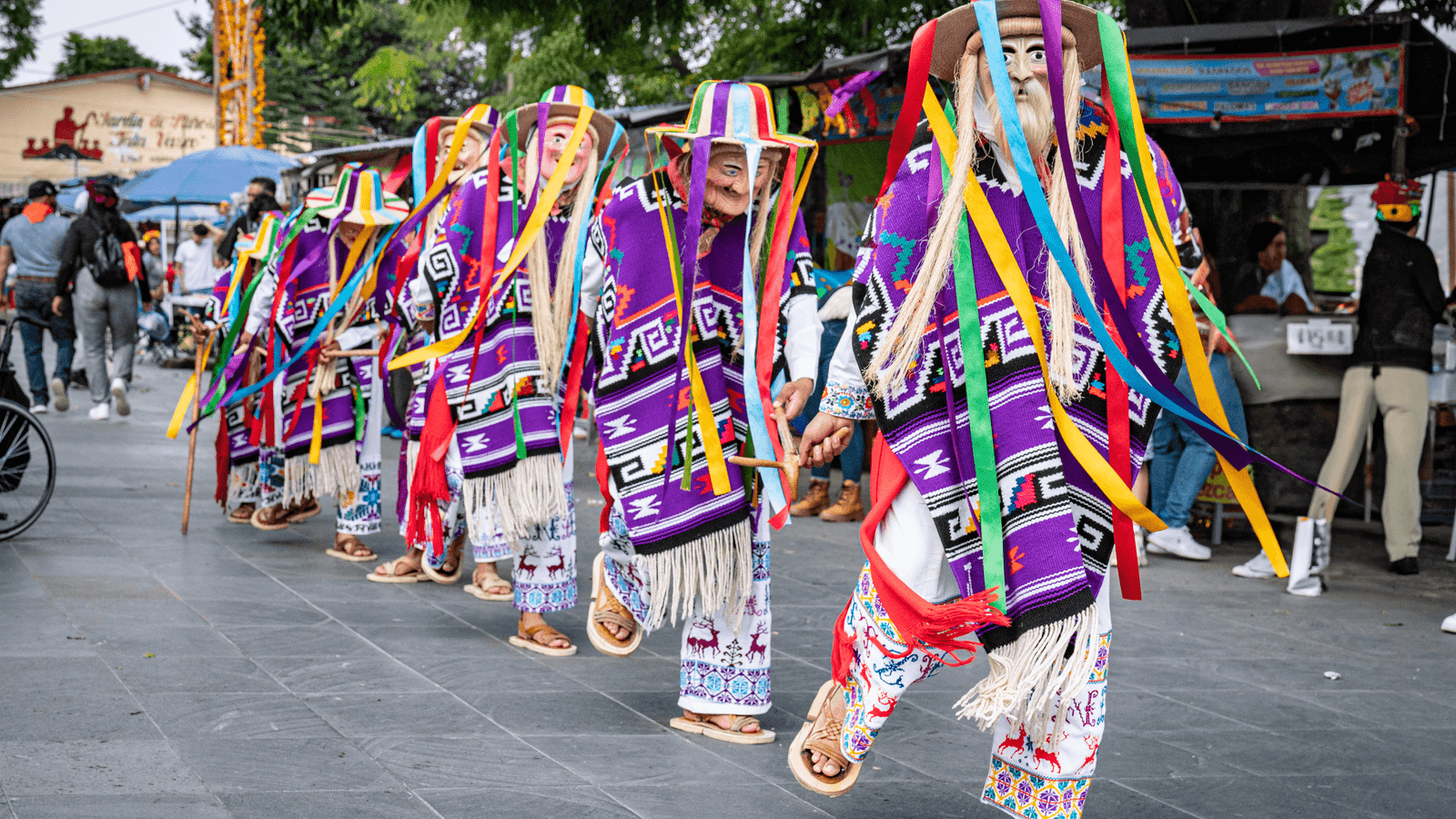Indigenous Culture in Canada: History and Modern Influence 🌍

Canada is a land of rich cultural diversity, and at the heart of this diversity lies the profound and enduring legacy of Indigenous culture. The Indigenous peoples of Canada, including First Nations, Inuit, and Métis, have a history that spans thousands of years. Their traditions, languages, art, and spiritual practices have not only shaped the past but continue to influence modern Canadian society in profound ways. In this article, we’ll explore the history of Indigenous culture in Canada, its resilience, and its modern influence on art, politics, education, and environmental stewardship. 🌿
The History of Indigenous Culture in Canada 📜
Origins and Early Societies 🏞️
Indigenous peoples have lived on the land now known as Canada for over 12,000 years. Archaeological evidence suggests that these communities were diverse, with distinct languages, customs, and ways of life. The Indigenous population was divided into several groups, including:
- First Nations: Comprising over 600 distinct communities, each with its own language and traditions.
- Inuit: Primarily inhabiting the Arctic regions, known for their resilience in harsh climates.
- Métis: A unique culture born from the intermarriage of Indigenous peoples and European settlers.
These societies were deeply connected to the land, relying on hunting, fishing, and agriculture for sustenance. Their spiritual beliefs were rooted in a profound respect for nature, viewing the earth as a living entity to be cherished and protected. 🌲
Impact of Colonization ⚔️
The arrival of European settlers in the 15th century marked a turning point for Indigenous cultures. Colonization brought disease, displacement, and the imposition of foreign laws and religions. The Indian Act of 1876 further marginalized Indigenous peoples, restricting their rights and forcing many into residential schools designed to assimilate them into Euro-Canadian culture. 🏫
These schools, which operated until the late 20th century, had devastating effects on Indigenous communities. Children were forcibly removed from their families, forbidden to speak their native languages, and subjected to abuse. The legacy of these schools continues to impact Indigenous communities today, contributing to intergenerational trauma. 😢
Resilience and Revival 🌱
Despite centuries of oppression, Indigenous cultures have demonstrated remarkable resilience. The late 20th and early 21st centuries have seen a powerful resurgence of Indigenous identity and pride. Key milestones include:
- The Truth and Reconciliation Commission (2008-2015): This initiative aimed to address the legacy of residential schools and promote healing. Its 94 Calls to Action have spurred efforts to reconcile Indigenous and non-Indigenous Canadians.
- Landmark Legal Victories: Cases like Calder v. British Columbia (1973) and Delgamuukw v. British Columbia (1997) have affirmed Indigenous land rights and self-governance.
- Cultural Revival: Indigenous languages, art, and traditions are being revitalized through community-led initiatives and government support. �
Modern Influence of Indigenous Culture 🎨
Art and Literature 🖌️
Indigenous art is a vibrant expression of cultural identity and history. From the intricate beadwork of the Métis to the bold totem poles of the Pacific Northwest, Indigenous art is celebrated worldwide. Contemporary Indigenous artists like Norval Morrisseau (the founder of the Woodland School of Art) and Rebecca Belmore have gained international acclaim for their work. 📚
Indigenous literature is also flourishing, with authors like Thomas King, Eden Robinson, and Richard Wagamese sharing stories that bridge the past and present. Their works explore themes of identity, resilience, and the complexities of Indigenous life in modern Canada. 📖
Political Influence 🗳️
Indigenous peoples are playing an increasingly prominent role in Canadian politics. Leaders like Jody Wilson-Raybould, Canada’s first Indigenous Minister of Justice, and Perry Bellegarde, former National Chief of the Assembly of First Nations, have advocated for Indigenous rights and reconciliation. 🌟
The inclusion of Indigenous perspectives in policymaking is crucial for addressing issues like land rights, environmental protection, and social inequality. The United Nations Declaration on the Rights of Indigenous Peoples (UNDRIP), which Canada endorsed in 2016, provides a framework for advancing these goals. 🌍
Environmental Stewardship 🌿
Indigenous peoples have long been stewards of the land, advocating for sustainable practices and environmental conservation. Traditional knowledge, passed down through generations, offers valuable insights into managing natural resources. 🌱
Today, Indigenous communities are at the forefront of environmental movements, opposing projects like pipelines that threaten ecosystems and sacred sites. Initiatives like the Indigenous Guardians Program empower communities to protect their lands and waters, blending traditional knowledge with modern science. 🌊
Education and Awareness 🎓
Efforts to integrate Indigenous history and perspectives into Canadian education are gaining momentum. Schools and universities are incorporating Indigenous studies into their curricula, fostering greater understanding and respect. 📚
Public awareness campaigns, such as Orange Shirt Day (observed on September 30th), honor the survivors of residential schools and promote reconciliation. These initiatives are essential for building a more inclusive and equitable society. 🧡
Challenges and the Path Forward 🛤️
While progress has been made, significant challenges remain. Indigenous communities continue to face systemic inequalities, including poverty, inadequate housing, and limited access to healthcare and education. Addressing these issues requires sustained commitment from all levels of government and society. 🤝
Reconciliation is an ongoing process that demands action, not just words. Supporting Indigenous-led initiatives, honoring treaties, and amplifying Indigenous voices are critical steps toward a more just and inclusive Canada. 🌈
Conclusion: Honoring the Past, Shaping the Future 🌟
The history and modern influence of Indigenous culture in Canada is a testament to the strength and resilience of Indigenous peoples. From their deep-rooted traditions to their growing impact on art, politics, and environmental advocacy, Indigenous cultures are an integral part of Canada’s identity. 🌍
As we move forward, it is essential to honor the past, acknowledge the injustices, and work together to build a future rooted in respect, understanding, and reconciliation. By embracing the richness of Indigenous culture, we can create a more inclusive and vibrant Canada for generations to come. 🌟
Discover more from SuqMall
Subscribe to get the latest posts sent to your email.
